Technology for Democracy: Lessons learnt and the way forward for technology for democracy and human rights (1st Segment)
United Nations Development Programme
Session 370
Fireside Chat on Way Forward for Technology for Democracy and Human Rights
Digital technology has fundamentally changed and is continuously reshaping the world. While digital transformation opens innovative avenues to achieve the 2030 Agenda for Sustainable Development, digital technologies are also used to suppress, limit, and violate rights, disproportionately affecting marginalized groups and individuals. The potential created by the digital space can thereby only be realised when digital transformation is people-centred, protects human rights and leaves no one behind.
Drawing on lessons from UNDP’s work under the Denmark-led Technology for Democracy initiative, launched in November 2021, this event will share insights from UNDP and other experts on how digital technologies can support and strengthen democratic processes and reflect on how these lessons inform an agenda to advance rights-based, inclusive governance.
The event features two segments. The first segment will be opened by Denmark’s Tech Ambassador Anne Marie Engtoft Larsen, followed by an expert ´fireside chat´ between Sarah Lister, Head of Governance, UNDP and Emrys Shoemaker, Senior Expert in Technology and Democracy. The fireside chat will showcase UNDP's and partners’ approaches on the use of technology to strengthen state-society relations, civic engagement, inclusion of youth and other often marginalized groups, as well as issues key to building a rights-based agenda moving forward.
The second segment will feature a multi-stakeholder panel discussion moderated by UNDP’s Chief Digital Officer Robert Opp, with the intent to bring forward perspectives from national governments, youth and private sector on the use of technology to strengthen democracy and rights-based, inclusive governance for sustainable development.
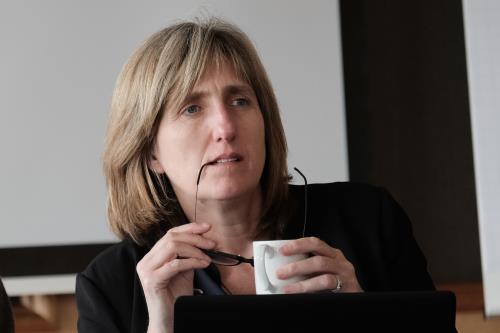
Sarah Lister is UNDP’s Head of Governance and oversees policy and programme support to its governance portfolio globally, which includes electoral cycle support, parliamentary development, anti-corruption, legal identity, youth empowerment and disability inclusion. She has more than 25 years’ experience working on democratic governance, including civic engagement, media and communication, social accountability, public administration reform and governance measurement. From 2015-2019 she was the Director of UNDP’s Oslo Governance Centre where she led the team bridging research, policy and practice on governance and peacebuilding in transitional contexts, with a particular focus on SDG16. Among other positions, she has also worked for BBC Media Action, the Afghanistan Research and Evaluation Unit in Kabul and the Institute of Development Studies, UK. She has lived and worked in Asia, Africa, Latin America and Europe. Sarah holds a PhD and MSc in Social Policy from the London School of Economics, and a BA in History from Cambridge University, UK.
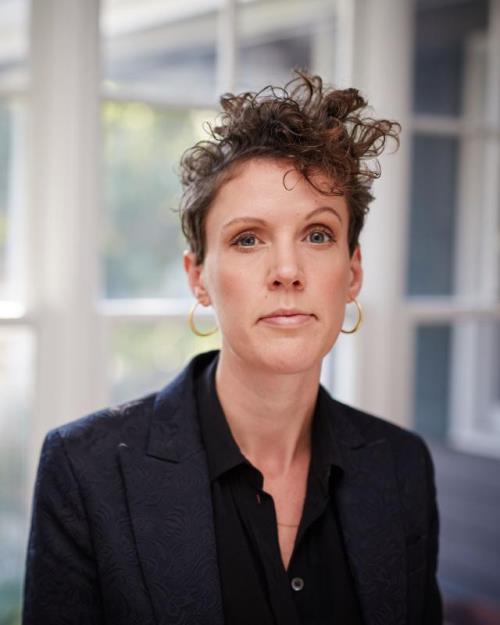
Anne Marie Engtoft Larsen is Denmark’s Tech Ambassador with responsibility for representing the Danish Government to the global tech industry and in global governance forums on emerging technologies.
Anne Marie and her team have a global mandate and a physical presence in Silicon Valley, Copenhagen and Beijing, transcending borders and regions in rethinking the traditional understanding of a diplomatic representation.
Prior to her appointment, Anne Marie worked at World Economic Forum in Geneva (2017-2020) where she led the World Economic Forum's work on the Fourth Industrial Revolution and Global Public Goods. Her focus was on mobilizing technology companies, governments and civil society to collaboratively tackle the barriers that prevent emerging technology from scaling responsibly to help solve society’s biggest challenges.
Before joining the World Economic Forum, Anne Marie co-founded an innovation house for student entrepreneurship; co-founded Democratic Capital; worked as political advisor in the Danish Parliament; and served on the Board of Directors of Copenhagen Business School and The Danish Consumer Council.
Anne Marie Engtoft Larsen holds a M.Sc. in International Development from The London School of Economics and Political Science (LSE), a B.Sc. and M.Sc. in International Business & Politics from Copenhagen Business School and is a 2017 Global Leadership Fellow with the World Economic Forum.

Emrys is a researcher and advisor in digital transformation and it’s social, political and economy implications. As a Senior Governance Advisor he support UNDP at the intersection of digital technologies and global governance. As Research Director at Caribou Digital and with affiliations at Graduate Institute (Geneva), LSE (London), Cornell Tech (NYC) he conducts research into people’s everyday experiences of digital technologies and advises governments, international organisations such as the United Nations and private sector companies about the policy and strategy implications of this ‘everyday digital transformation’. He is based in Geneva after living and working in New York, Jordan, Pakistan, Nepal and across much of Asia and East and West Africa.
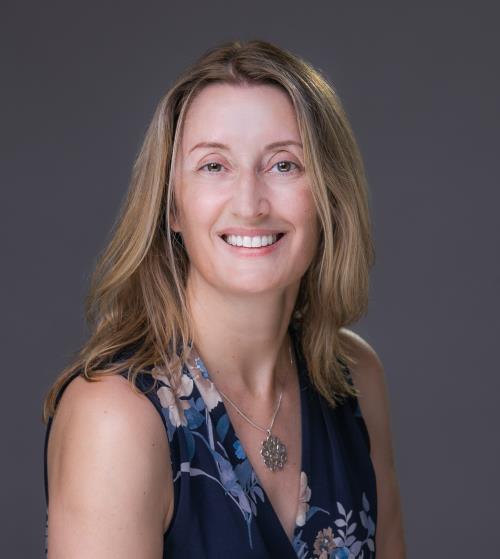
Niamh Hanafin joined UNDP in 2020 in response to growing calls from country offices for support and guidance on COVID19 disinformation. Niamh now leads UNDP Oslo Governance Centre's work on information integrity more broadly. She is the author of UNDP's strategic guidance in this area: Information Integrity: Forging a Pathway to Truth, Resilience and Trust. Niamh represents UNDP in global conversations and forums, leads UNDP's information integrity research agenda and provides support to UNDP regional hubs and country offices on programmatic responses. Prior to UNDP, Niamh spent 8 years with Search for Common Ground, leading multi-million-dollar peacebuilding portfolios in Africa and Asia. She has over 20 years' experience in communication for social change, designing and managing innovative communications programming promoting children, youth, and women's rights. Niamh holds a B.A. in Communication Studies from Dublin City University and a Masters in Communication for Development from Malmo University. She has lived in Cambodia, Laos, Mozambique, Angola and Madagascar and worked in Afghanistan, Zimbabwe, DRC, Rwanda, Burundi, Tanzania, and Central African Republic.
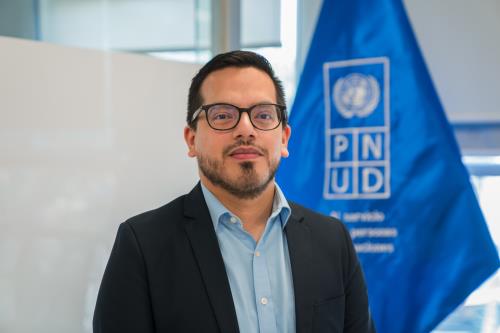
Rodolfo Benites is Public Policy Specialist at the United Nations Development Programme in Peru. Since 2019, he has worked on public policy, youth political participation, digital democracy, and electoral assistance. Today, he leads Redpública, a UNDP initiative to accelerate digital democracy in Peru, supported by the Tech for Democracy project.
Rodolfo is a political scientist from the Pontifical Catholic University of Peru and has a Master in Public Policy from King’s College London in the United Kingdom. Before joining UNDP, he worked as a civil servant and consultant at the Presidency of the Council of Ministers, the Ministry of Education, and the Ministry of Internal Affairs in Peru.
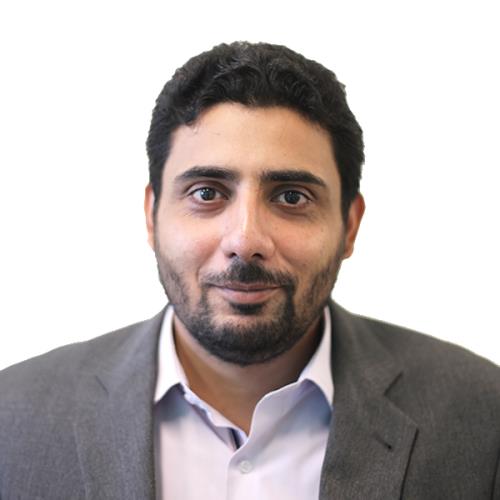
Umer Akhlaq Malik is a Policy Analyst at United Nations Development Programme (UNDP) Pakistan. Prior to this, he was a Senior Research Fellow at the Mahbub ul Haq Research Centre, a public policy think-tank. His areas of interest include policy research, advocacy, and developing and modelling complementary pilot interventions to promote sustainable development.
-
 C1. The role of governments and all stakeholders in the promotion of ICTs for development
C1. The role of governments and all stakeholders in the promotion of ICTs for development
-
 C3. Access to information and knowledge
C3. Access to information and knowledge
-
 C4. Capacity building
C4. Capacity building
-
 C7. ICT applications: benefits in all aspects of life — E-government
C7. ICT applications: benefits in all aspects of life — E-government
-
 C10. Ethical dimensions of the Information Society
C10. Ethical dimensions of the Information Society
-
 C11. International and regional cooperation
C11. International and regional cooperation
-
 Goal 16: Promote just, peaceful and inclusive societies
Goal 16: Promote just, peaceful and inclusive societies
-
 Goal 17: Revitalize the global partnership for sustainable development
Goal 17: Revitalize the global partnership for sustainable development
@UNDP @UNDPgov @UNDPDigital @UNDP_Danmark @TechambDK https://techfordemocracy.dk/